The Mau Mau rebellion, as it is often called, which began in Kenya in the early 1950s, was a nationalist, anticolonial armed resistance against the British colonial state.
The guerrilla movement called itself the Kenya Land Freedom Army; the British dubbed the movement “mau mau,” a meaningless name, to obscure the aims otherwise so clear in the resistance army’s name.
Ngugi Wa Thiongío’s Petals of Blood examines, among other things, the betrayal by the postcolonial regime of the ideals of this anticolonial struggle that helped Kenya achieve its independence.
The novel revolves around three men and a woman. The four friends reveal different aspects of their history to each other piecemeal, just as their families had guardedly explained the past to them. The lingering effects of the Mau Mau revolt have affected all their lives and by the end of the novel, each character is wrapped up in his or her own exclusive epiphany about life in Kenya.
Abdullah, the trader, thinks he failed the movement because he did not avenge the death of a friend who was a revolutionary and who was betrayed.
Munira, the schoolteacher and eventual wide-eyed prophet, is paralyzed by the shadow of his successful father, who condemned the Mau Mau but aided the crony corruption of independent Kenya. Wanja, the beauty from a broken home, learns that it was two generations of revolutionary fervor that distorted the home she grew up in. And Karega, Thiongío’s union-pushing hero, scrutinizes the history of Mau Mau as if it were a sacred text. Somewhere in that history, they all believe, is the key to wisdom and justice.











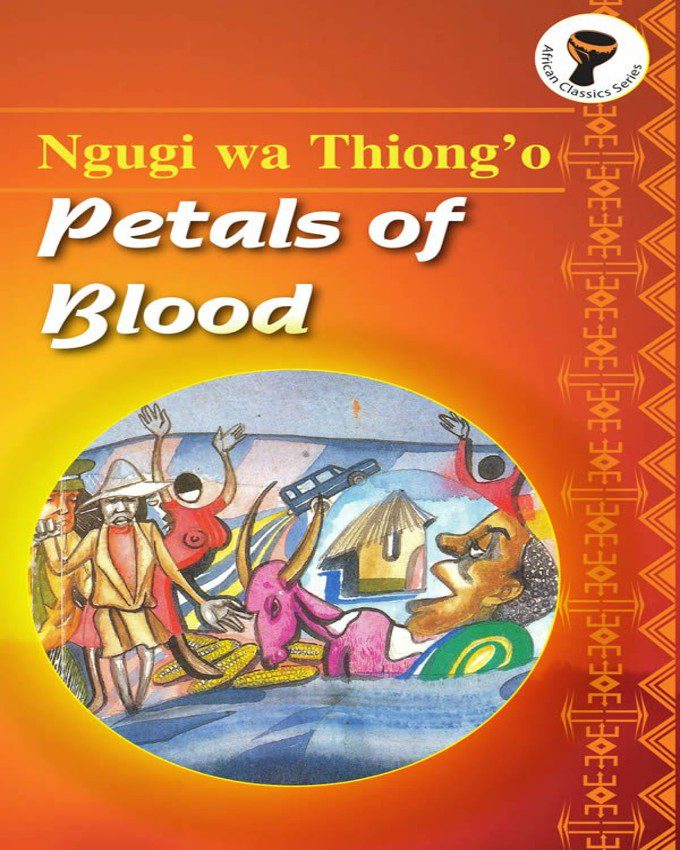


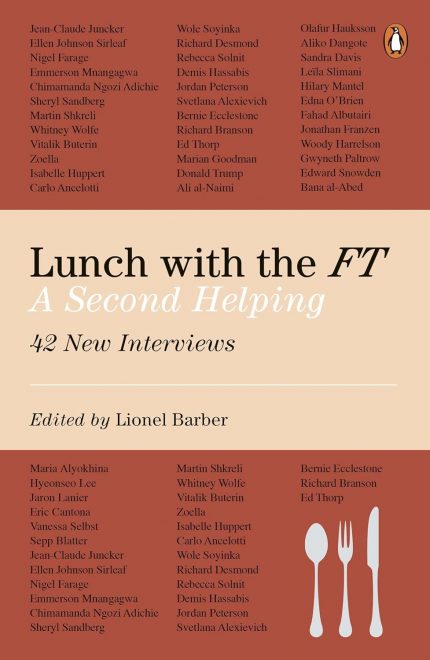





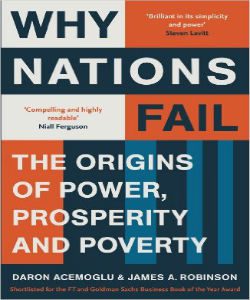
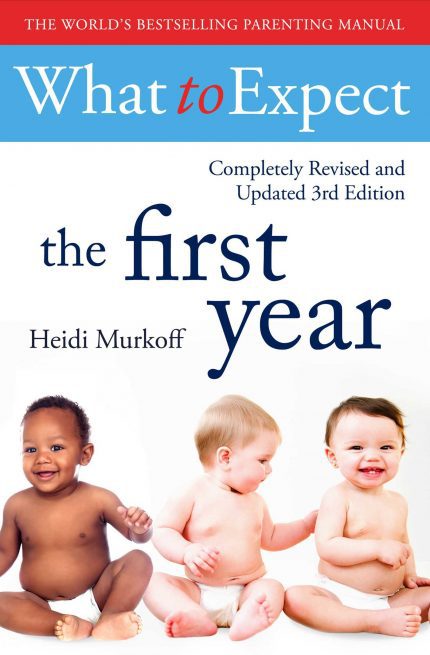



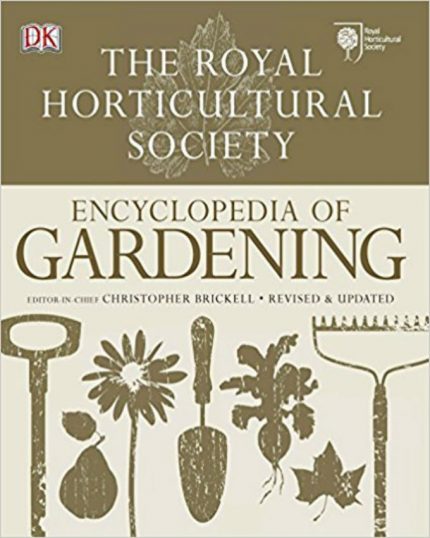











Reviews
Clear filtersThere are no reviews yet.